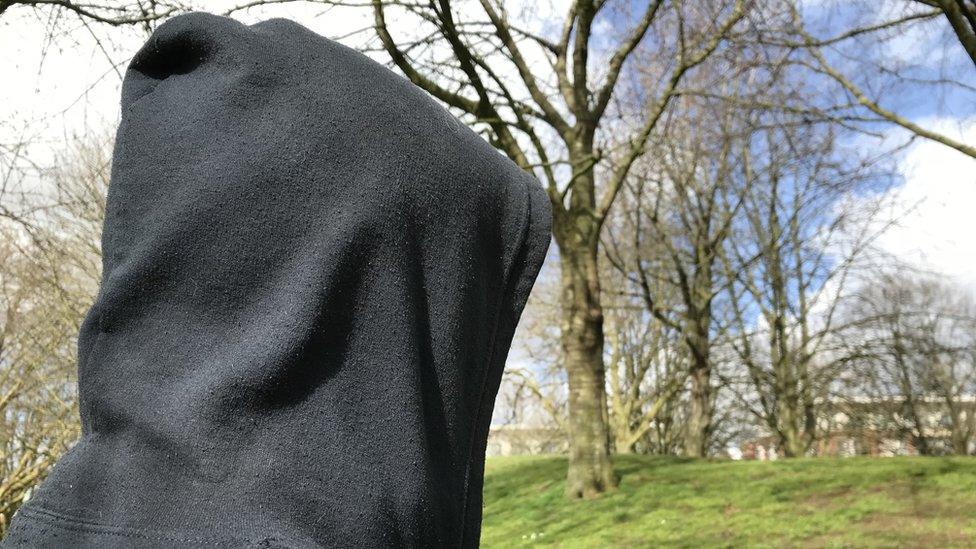Young children being targeted in sextortion cases in Gloucestershire
- Published

Children are being targeted on social media platforms
Children as young as 10 are being lured into sending sexually explicit images and then blackmailed, a police force has said.
Gloucestershire Police is now urging parents to have conversations with children about online safety.
It confirmed 17 sextortion cases have happened since May this year.
Sextortion is where someone threatens to share sexual pictures or videos of the victim unless they do something in return, such as pay them.
The most common age of victims, both male and female, is 16-years-old but children as young as 10 have been approached and some victims have lost money.
'Hugely upsetting'
Det Insp Cheryl Godwin, of the child exploitation, missing and mental health team, said there is a "likely a huge under-reporting" of these offences as children may feel embarrassed or ashamed.
"It can be hugely upsetting for the child for this to happen to them, and leave them extremely fearful of what may happen next," she added.
The force said Instagram and Snapchat are the main platforms children have been approached on.
Sextortion happens where an unknown individual sends the child a friend request on a social media or messaging platform, and builds a rapport with the young person - often making them believe they are of a similar age to them.
The conversation will then become sexualised, and the offenders will request sexual images or videos or video call them.
'Do not pay'
Once these have been sent, they will then blackmail the victim by threatening to release the images or video to their family, friends or on other online platforms such as YouTube, if they do not pay them in money or gift cards.
Det Insp Cheryl Godwin said: "If you have found yourself in this situation please try not to panic - stop all communication with the person and if you are being asked for money, do not pay them.
"Instead screen capture any evidence where you can and contact police.
"These offenders exploit the vulnerability of children - and we would urge parents and carers to remind children that control is lost as soon as an explicit image is sent to anyone, and many images inevitably end up being shared and spread online."

Follow BBC West on Facebook, external, Twitter, external and Instagram, external. Send your story ideas to: bristol@bbc.co.uk , external
- Published24 May 2018
